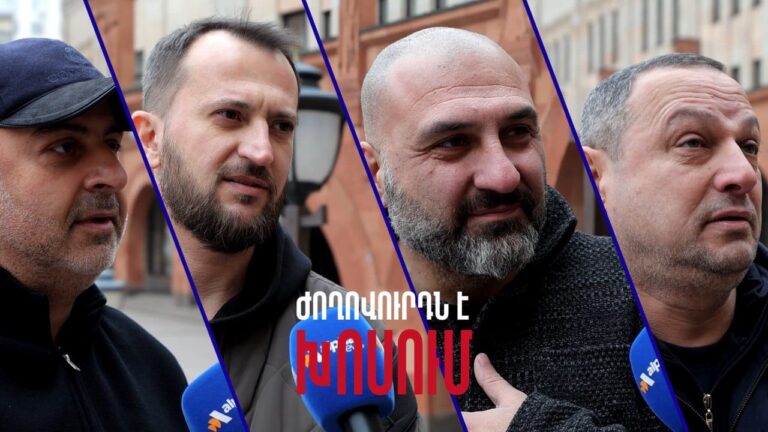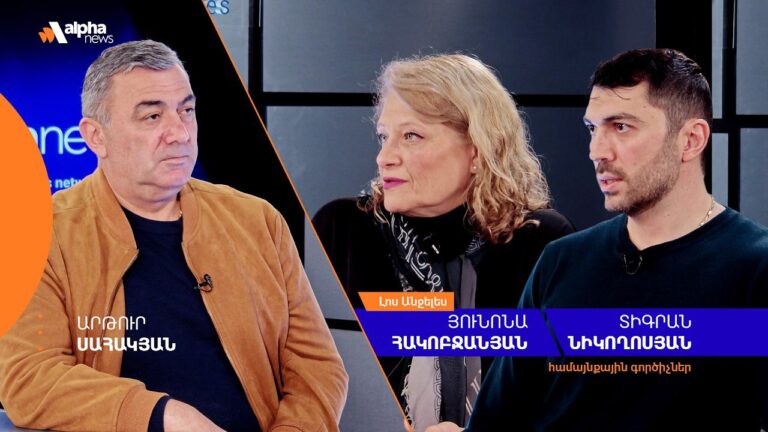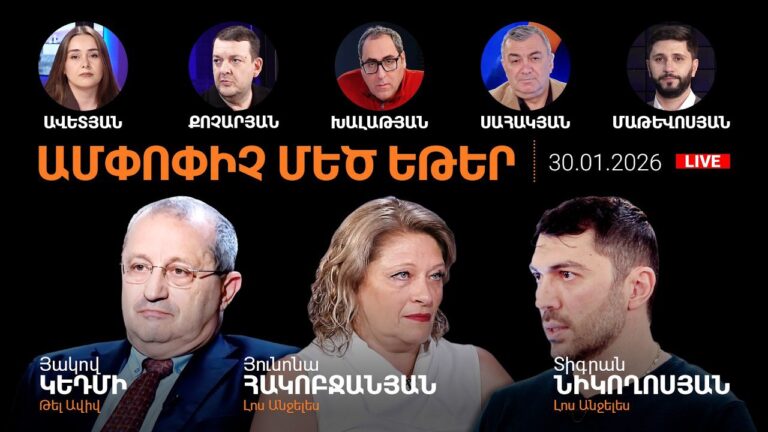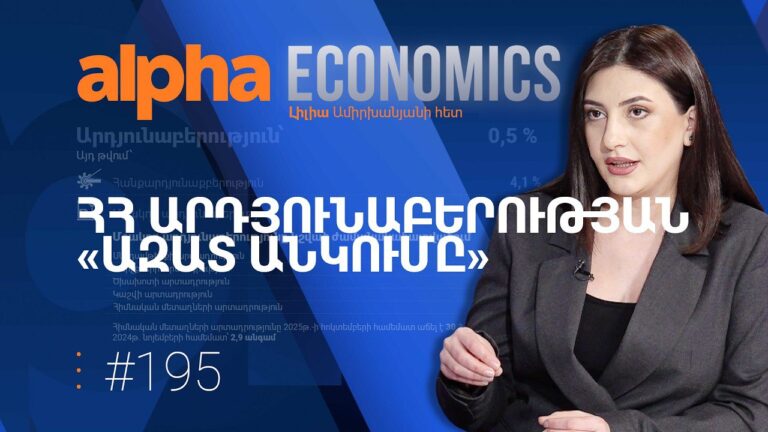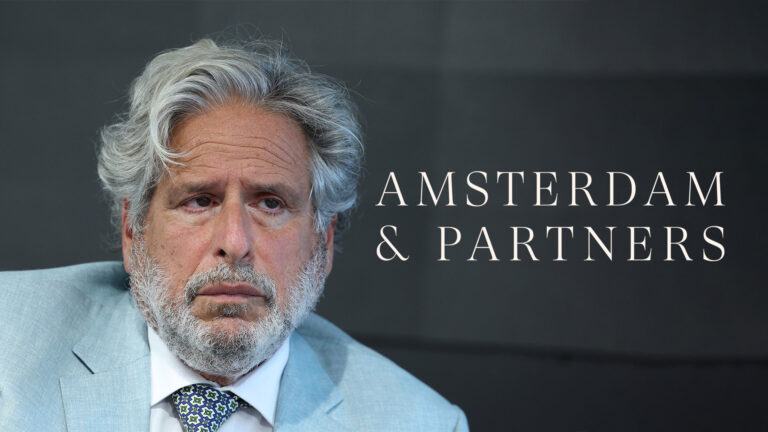More agreements reached at the Turkish House have been revealed
November 01 2024, 12:27
The topic of the Armenian Genocide is not a priority of Armenia’s foreign policy, Armenian Foreign Minister Ararat Mirzoyan said in parliament. “This is not our top priority. The matter of examining the tragic pages of our history, the study of the Armenian Genocide, or turning this issue into the top priority is definitely not on the agenda of the Armenian foreign ministry,” Mirzoyan said.
It would be a lie to say that Mirzoyan’s statements were a surprise. Since 2018, the incumbent government group has been moving step by step towards this statement. And after Nikol Pashinyan’s meeting with Recep Tayyip Erdogan at the Turkish House, the official rejection of Genocide as a foreign policy priority was a matter of time.
Now we will leave aside the fact that Mirzoyan conceptually repeats the statement made by Turkish President Erdogan back in 2021 that historians should decide on the recognition of the Genocide. Let’s also leave aside the fact that Mirzoyan’s statements repeat the concept enshrined in the “Shushi Declaration” signed by Aliyev and Erdogan in 2021, according to which Baku and Ankara believe that “the distortion of history has harmed peace and stability in the region,” as well as the fact that the parties “support the efforts of Turkey,” which opened its own archives “on the events of 1915”, and urge Armenia and other countries to open archives “to conduct research by historians on this issue.” We will talk about the other side of the consequences of Mirzoyan’s statement.
Leaving aside the emotional component, we note that such factors as Karabakh statehood, lawsuits to international authorities against Azerbaijan, preservation of the historical memory of the massacre of Armenians in Baku, Sumgait, Maraga, and the topic of the Armenian Genocide of 1915 are all the lines of defense of Armenia on the diplomatic front. Denying this means not having an idea of the concept of statehood as a whole.
All of the above was used by Yerevan to create a balance in relations with Baku and Ankara. Turkey and Azerbaijan were forced to make political, economic, and diplomatic efforts to counter these factors, which ensured the security of Armenia itself. To put it simply, we did not allow Baku and Ankara to focus on the destruction of the Armenian statehood.
Today, by rejecting all of the above, official Yerevan, with its own hands, creates the ground for attacks on Armenia. Moreover, the term “attack” is not just a figure of speech; it is a statement of the military and strategic intentions of Armenia’s neighbors.
Strategically, Mirzoyan’s revelation is a statement that the process of ending the political project “Armenian statehood” is entering one of the final stages. The state has been and still remains a tool for the Armenian people to protect against repetition of the events of the 1890s, 1915, 1920s, etc. In a certain period of its development, the Armenian state, after 70 years of formation and strengthening within the USSR, managed to set itself the task of protecting Armenians, including Karabakh. The task was set and solved.
Now, by denying the Genocide as well as the idea of the state as a tool for protecting the Armenian people, we question whether it is practical for Armenians to live in the region within their own sovereign political entity.
Think about it…

